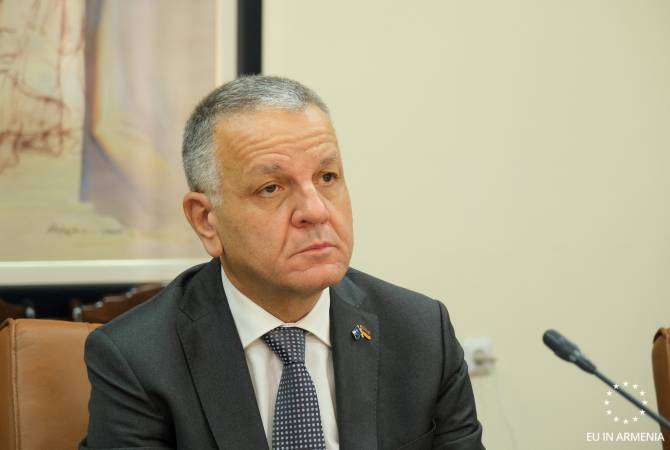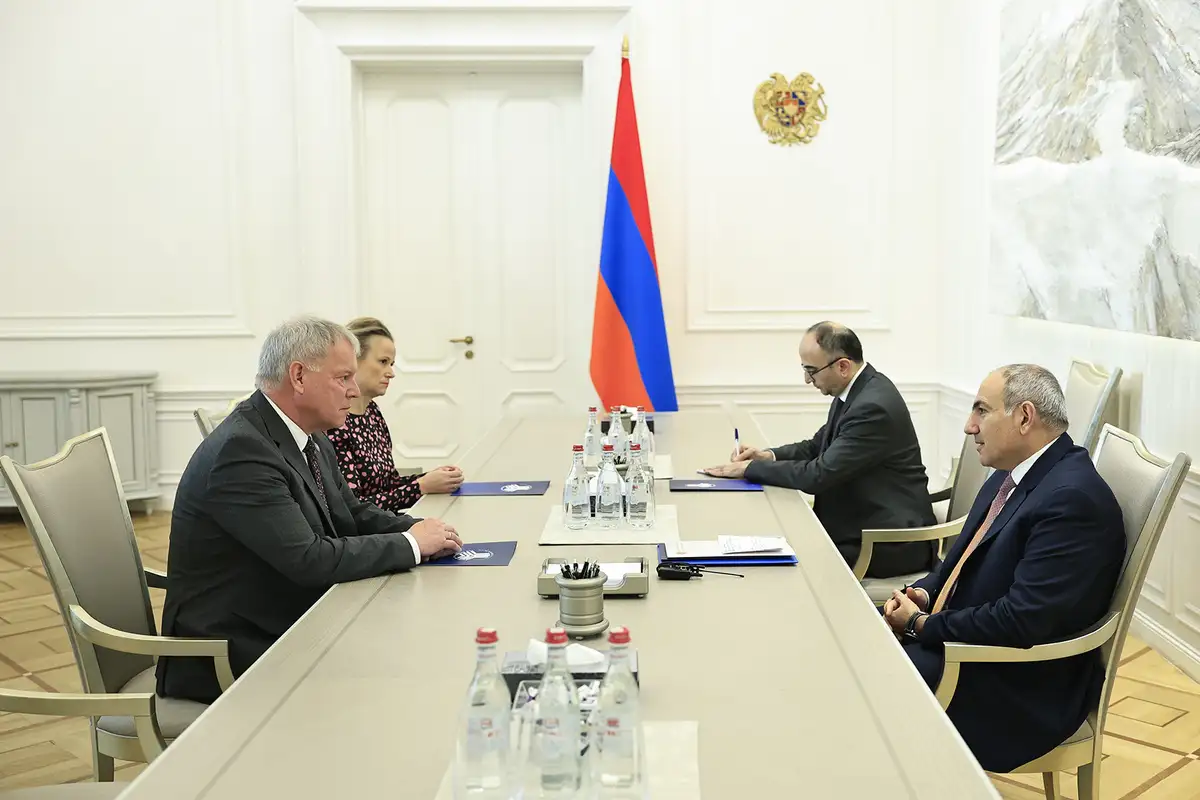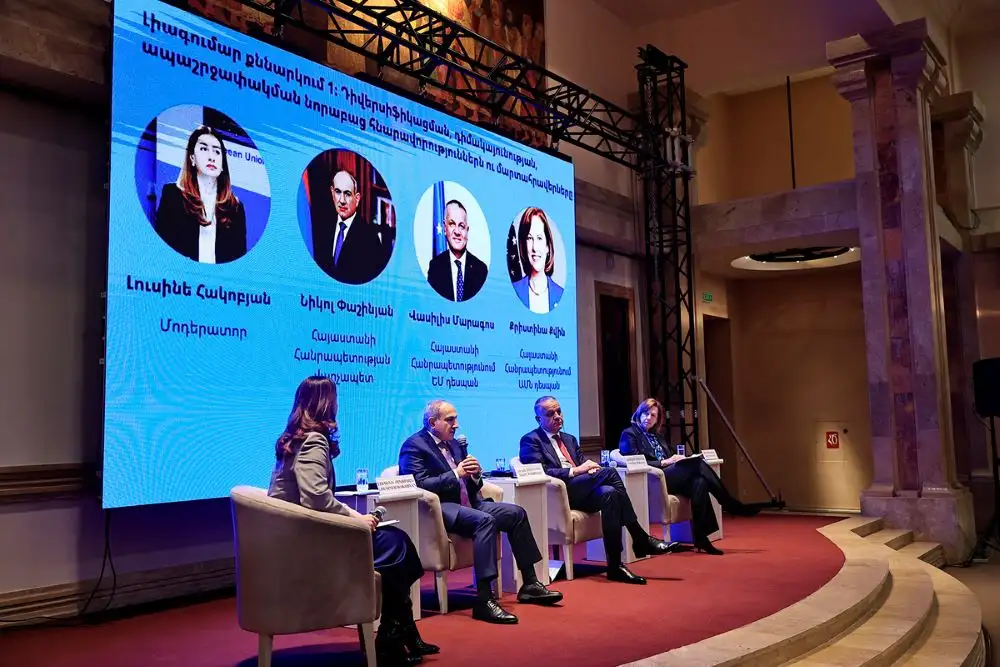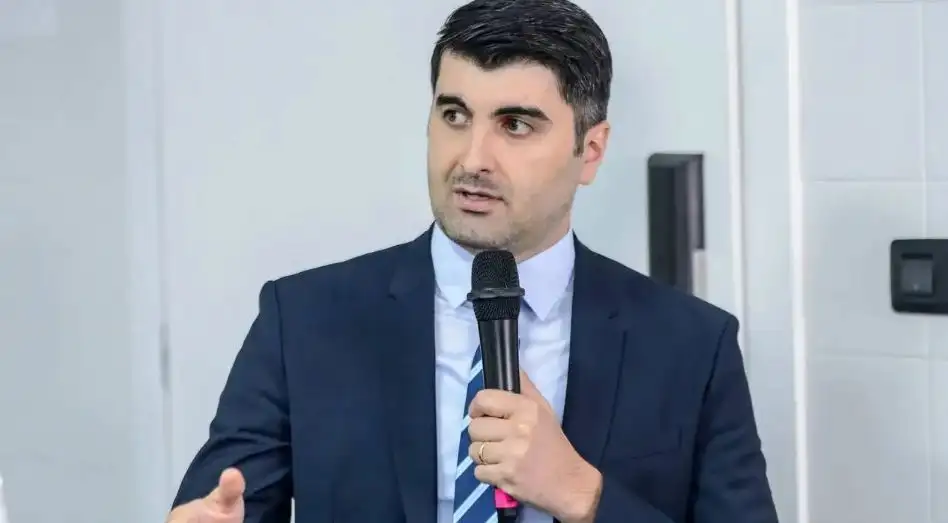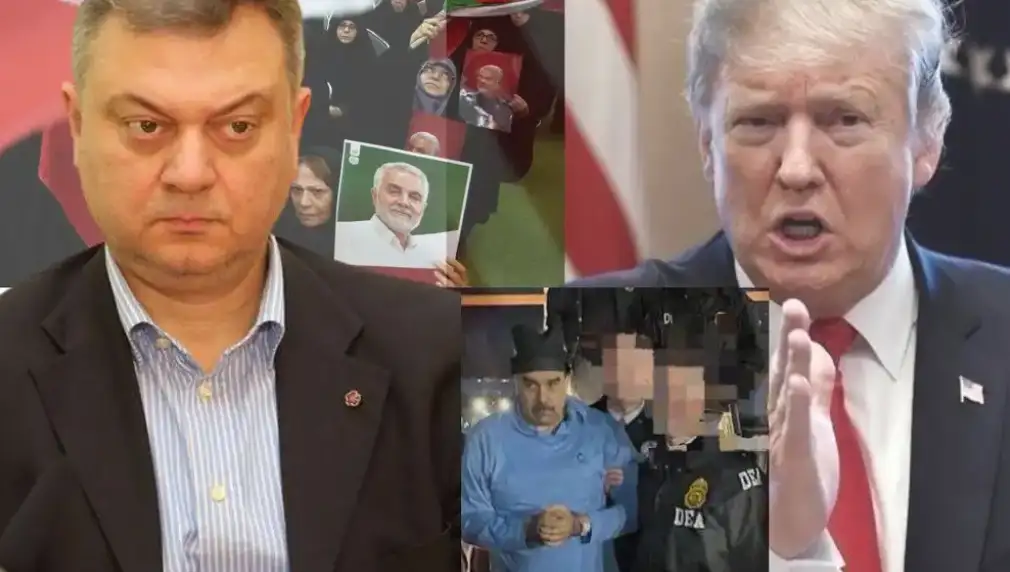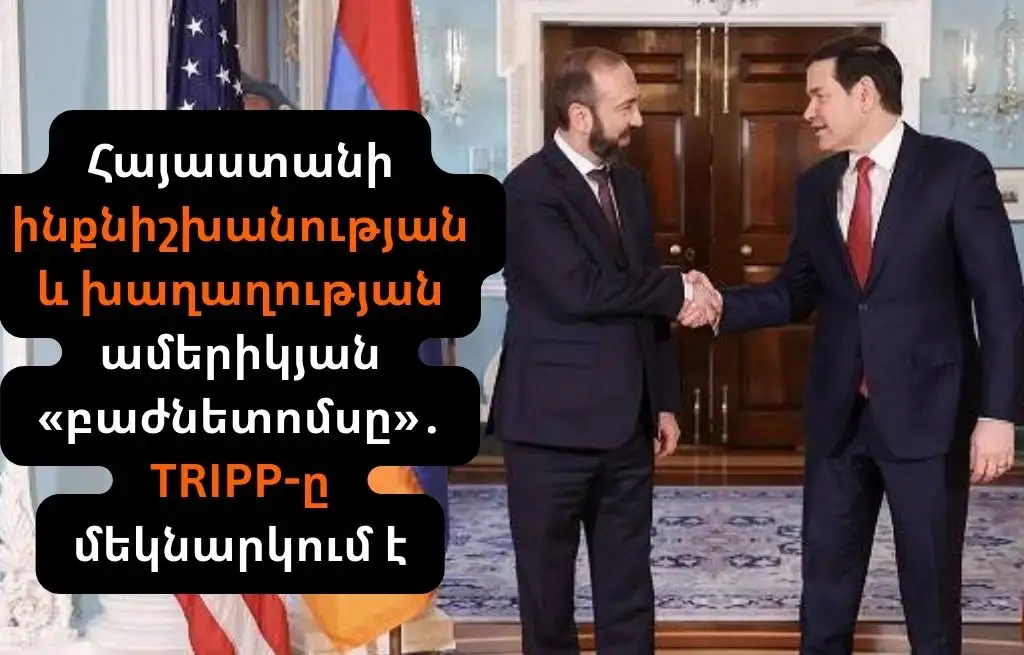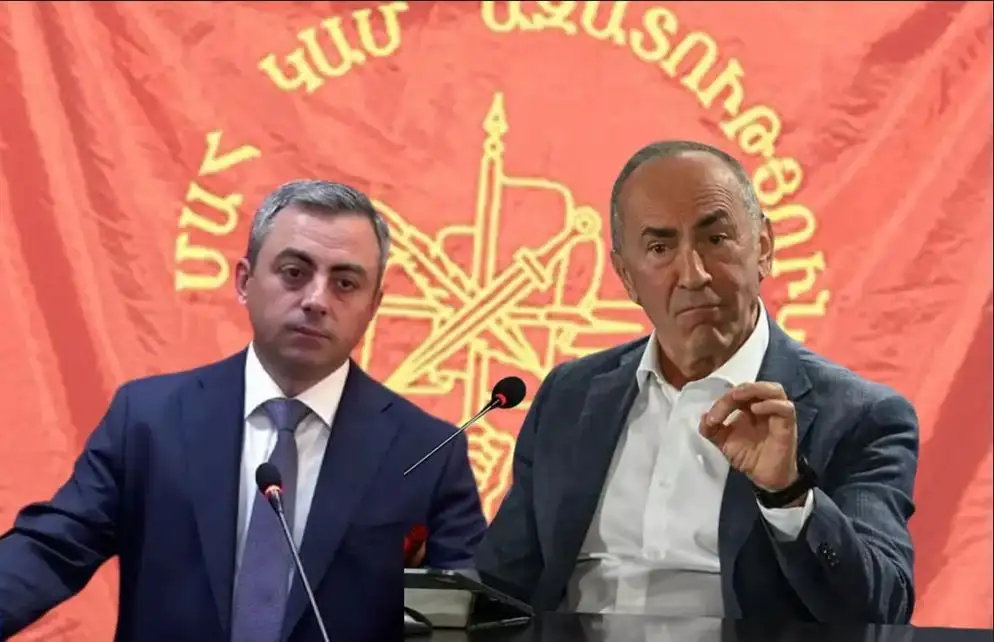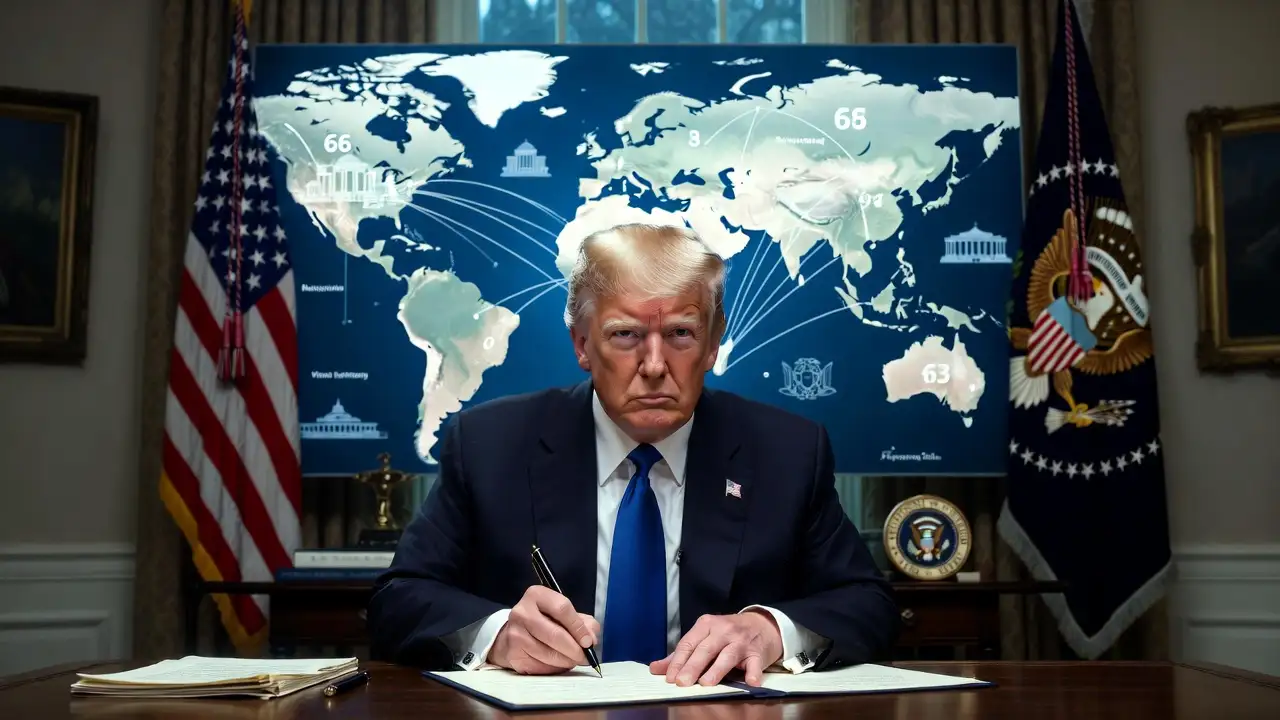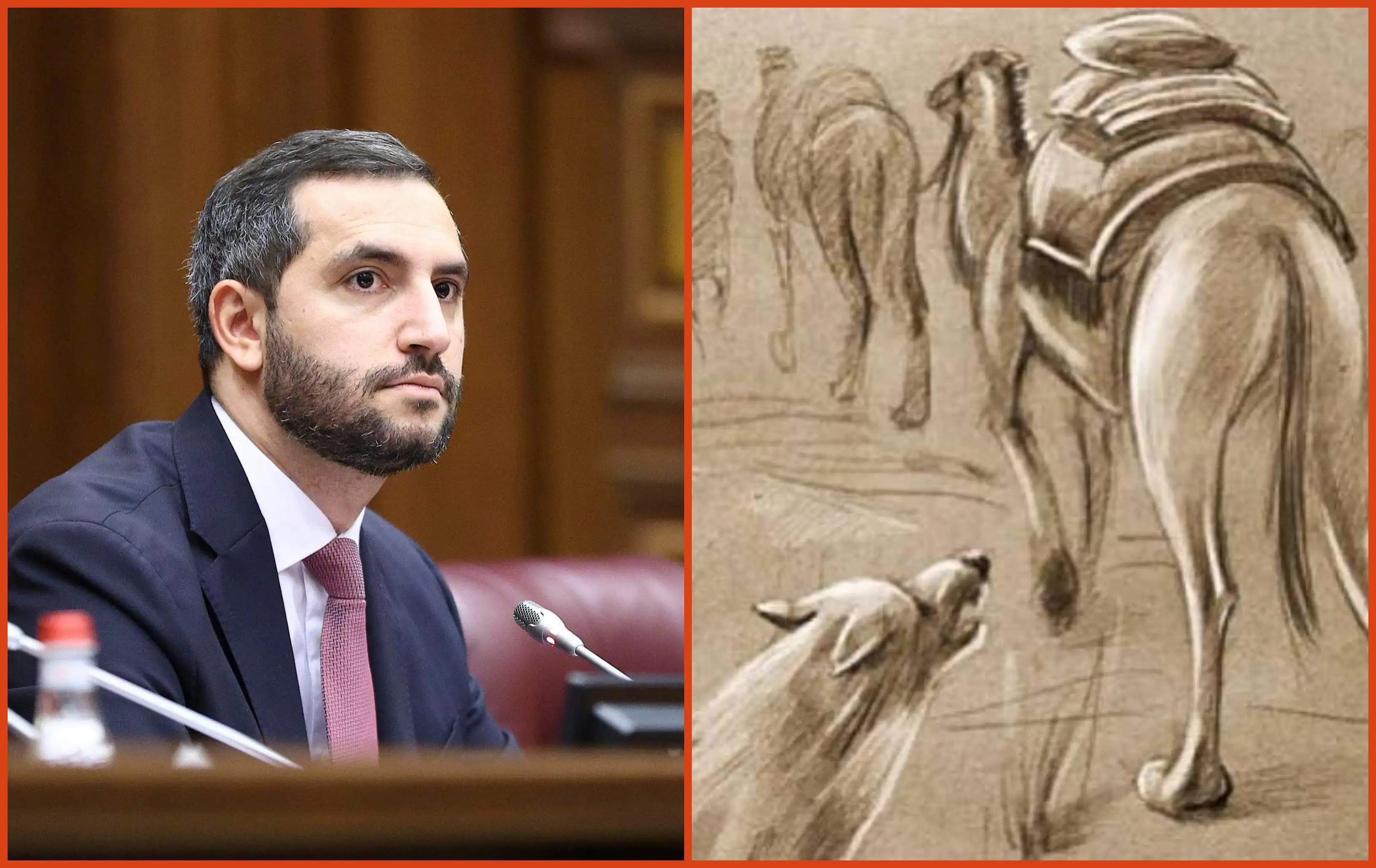In an interview with an "Armenpress" reporter, the head of the European Union delegation in Armenia, Ambassador Vasilis Maragos, announced this, referring to both the Azerbaijani aggression against Nagorno-Karabakh, the support provided by the EU to the forcibly displaced people as a result of it, and the Armenia-EU bilateral agenda, including visa liberalization issues.
- Mr. Ambassador, as you know, after the large-scale military attack on Azerbaijan, Nagorno-Karabakh was depopulated, and more than 100 thousand Armenians moved to Armenia, leaving their birthplace and their home. By doing so, Azerbaijan has essentially implemented its policy of ethnic cleansing in Nagorno-Karabakh. First, I would like your opinion regarding this situation and Azerbaijan's similar behavior. Until now, we have heard condemning statements, but why does the EU not take active steps to impose sanctions on Azerbaijan?
- Let me be clear that the European Union is committed to peace and stability in this region and is investing significant, high-level political capital. As you said, the European Union has very clearly expressed its position against the use of force and in support of the rights of Karabakh Armenians. Since Toivo Klaar, the EU's special representative for the South Caucasus, made extensive comments in an interview with "Armenpress" a few days ago, I will not comment on those issues.
- Since May 2021, Azerbaijan has violated the territorial integrity of Armenia by invading the sovereign territory of Armenia. I want to ask you again to present your position regarding this fact. What influence can the EU have at the diplomatic level, pressuring Azerbaijan to restore the territorial integrity of Armenia and also to return the Armenian prisoners illegally held in Azerbaijan?
- The European Union, including through the EU civil mission in Armenia and contacts with Yerevan and Baku, clearly understands the situation on the ground. We also understand the importance of these issues for Armenia and, more broadly, for peace and stability in the region, which is our primary goal. The European Union has repeatedly called on the parties to guarantee the non-use of force and maintain a distance between troops to reduce tensions on the ground and possible escalation. We have also called for all issues to be resolved peacefully within the framework of the demarcation commission meetings and the broader processes of relations settlement. We hope mutual understanding can be reached on these and other issues shortly, including at the next meeting of the Armenian and Azerbaijani border demarcation commissions scheduled for November 30, 2023.




